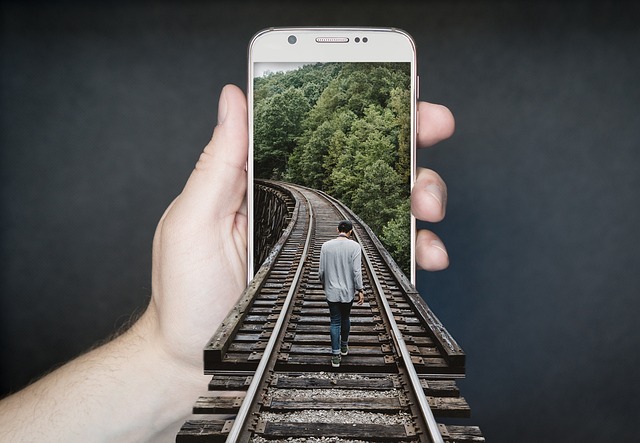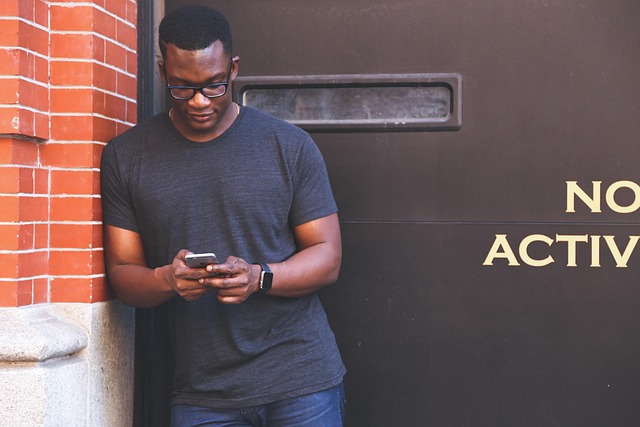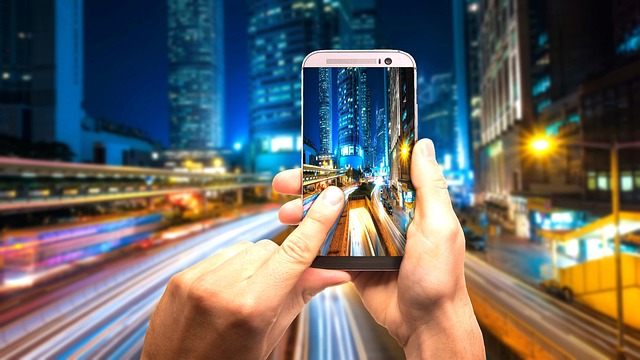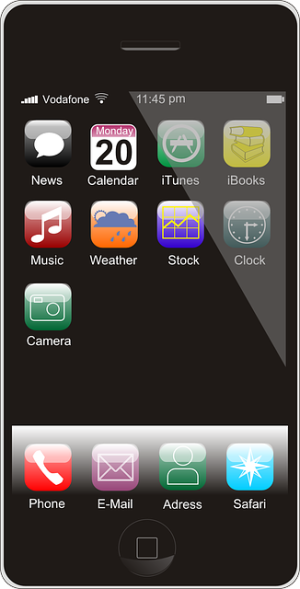When visiting Charleston, South Carolina, understanding the risks of robocalls is crucial. Local laws protect against automated marketing calls, with options for victims through robocall lawyers. To avoid them, be cautious of unfamiliar numbers and use call-blocking apps. Stay informed about scams and consult legal experts. If plagued by calls, remain calm, listen for opt-out options, and document details for reporting to robocall lawyers in South Carolina. Employ tools like blocking apps, registries, and privacy settings to enhance safety during your stay.
Staying safe from robocalls while traveling in Charleston is essential, especially considering the legal implications of these automated calls in South Carolina. This guide offers practical tips for identifying and avoiding robocalls, delving into local laws and regulations that protect travelers, and effectively communicating with robocall lawyers in Charleston. Learn how to utilize resources and tools to combat these unwanted calls during your trip, ensuring a smoother and safer travel experience. Discover the importance of staying informed about your rights and options when it comes to robocall lawyers South Carolina.
Understanding Robocalls and Their Legal Implications in South Carolina
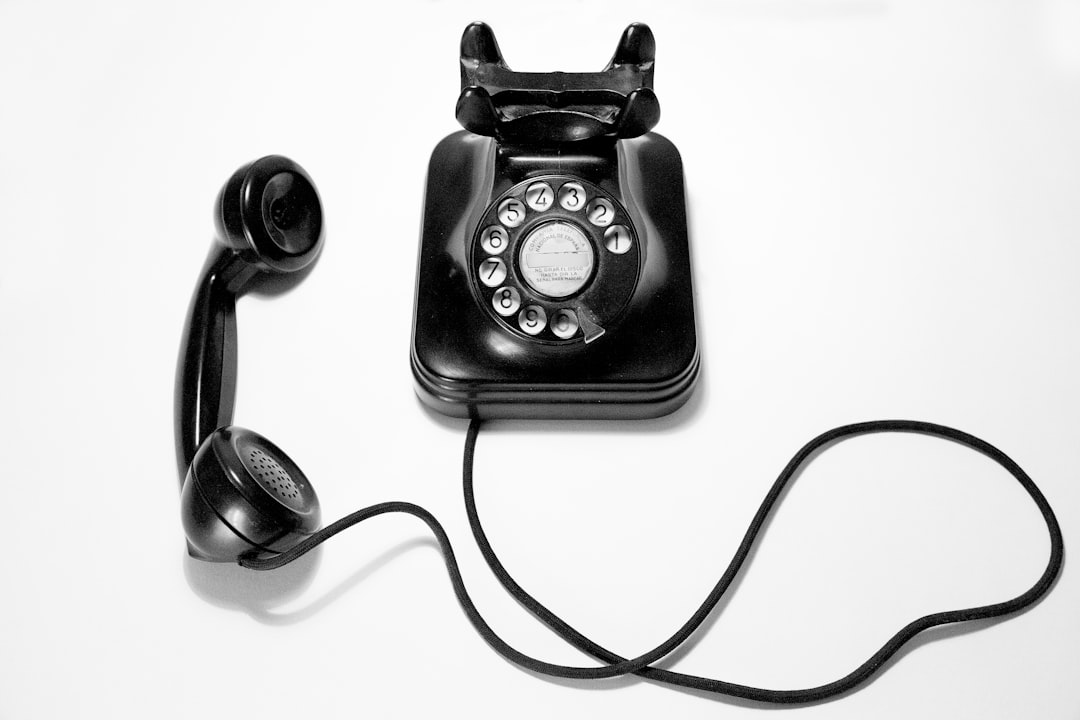
In today’s digital era, while traveling or settling in a new place like Charleston, South Carolina, it’s crucial to be aware of robocalls and their legal implications. A robocall is an automated telephone call that uses recorded messages to market products or services en masse. While many legitimate businesses use this method, it’s essential to recognize the potential risks—including fraud and identity theft. In South Carolina, as in many states, there are laws in place to protect consumers from these unwanted calls, such as the Telephone Consumer Protection Act (TCPA). If you’re a victim of illegal robocalls or experience nuisance calls while in Charleston, understanding your rights is the first step. Consulting with experienced robocall lawyers South Carolina can provide guidance on how to navigate legal options and seek compensation if warranted.
South Carolina’s laws, like federal regulations, penalize businesses that make unauthorized robocalls, holding them liable for consumer harm. If a business violates these rules, affected individuals may take legal action against the perpetrators. By staying informed about your rights and knowing who to reach out to in case of illegal robocalls, you can better protect yourself while enjoying your time in Charleston or any other location.
Tips for Identifying and Avoiding Robocalls While Traveling
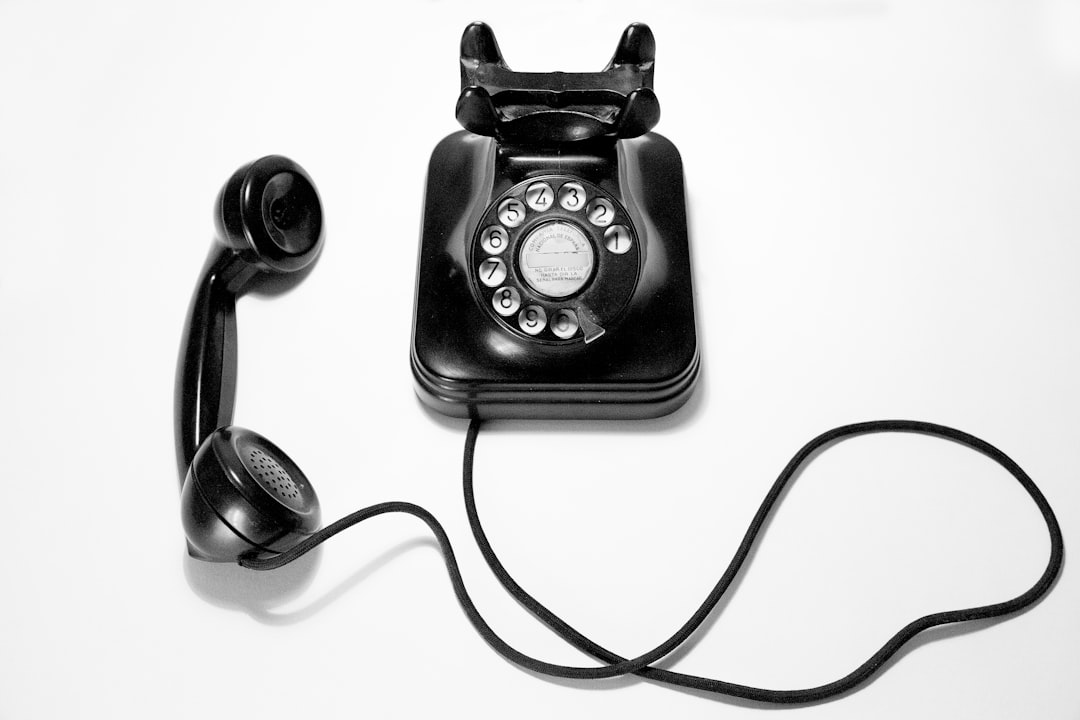
While traveling in Charleston, staying safe from robocalls is essential for a stress-free trip. Robocalls can be particularly intrusive when you’re away from home, but there are ways to identify and avoid them. One effective method is to be vigilant about unknown numbers. If a call displays an unfamiliar area code or comes from a blocked or private number, it’s likely a robocall. Many legitimate businesses will provide clear identification and contact information, so be wary of any missed calls or texts without proper branding or context.
Additionally, keeping your contact details secure is crucial. Avoid sharing your phone number openly in public forums or with unfamiliar vendors. Consider using call-blocking apps or features on your device that filter out unknown numbers. Keeping up-to-date with the latest robocall scams specific to South Carolina can also help you stay ahead of potential threats. Engaging with reputable robocall lawyers in South Carolina who specialize in these issues can provide valuable insights and legal recourse if needed.
The Role of Local Laws and Regulations in Protecting Travelers
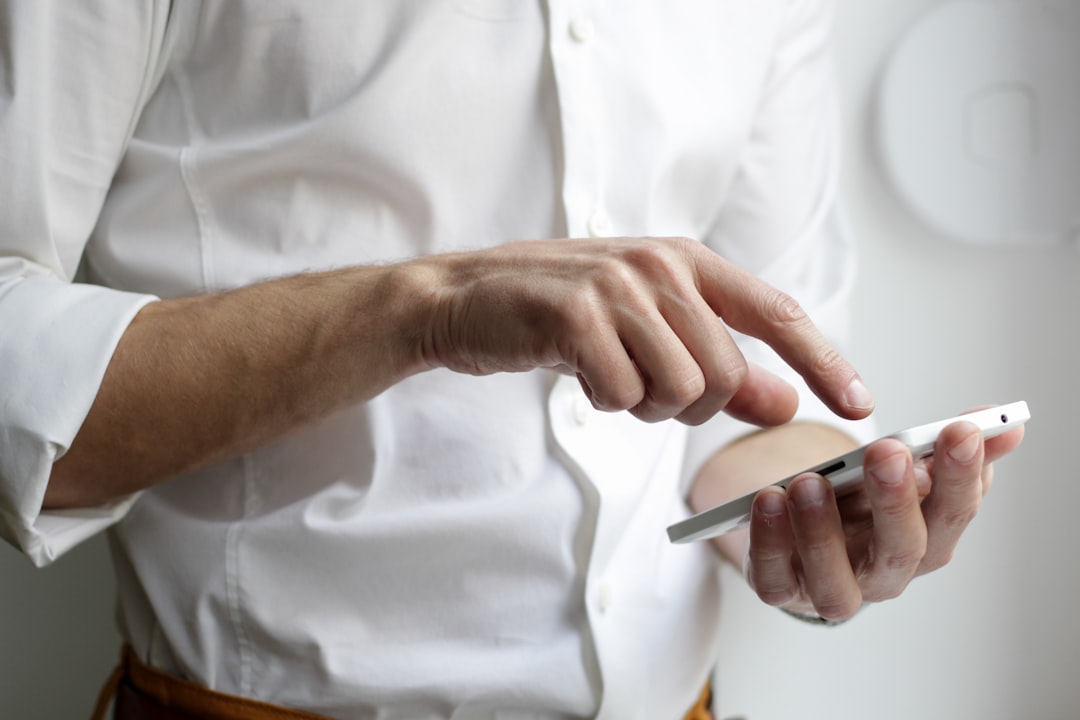
When traveling, understanding local laws and regulations is essential for any visitor, and Charleston, South Carolina, is no exception. In terms of robocalls, South Carolina has specific rules in place to protect residents and travelers alike from unwanted automated telephone calls. These laws empower citizens to take action against robocall lawyers who operate within the state’s borders.
Charleston’s local regulations aim to curb excessive robocalling by imposing fines on companies that violate do-not-call lists and consumer privacy rights. Travelers can benefit from these measures, ensuring a safer and less intrusive experience while exploring the city’s attractions. Staying informed about local laws gives visitors the power to protect themselves from persistent and often fraudulent robocalls, making their trip more enjoyable and secure.
Communicating Effectively with Robocall Lawyers in Charleston
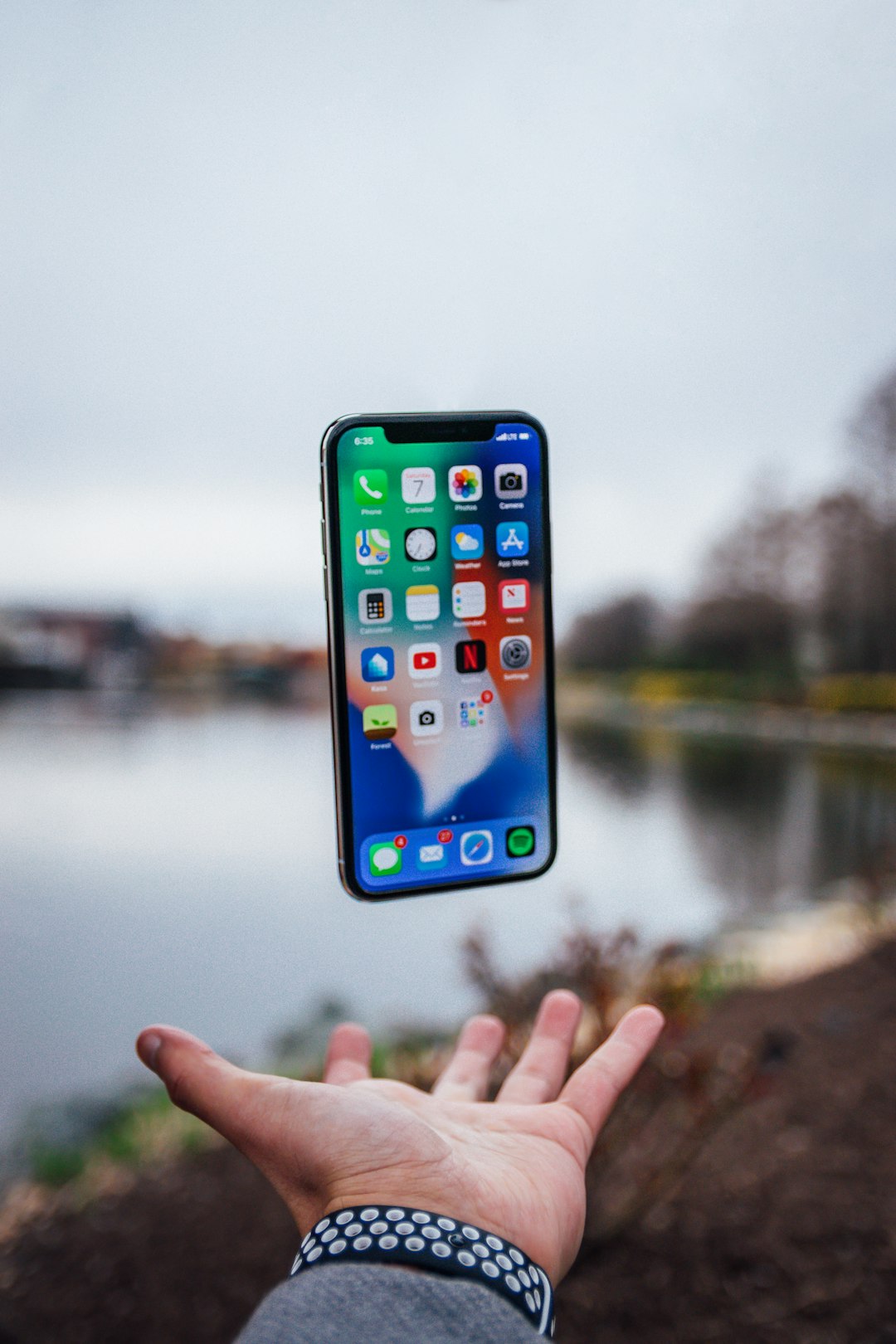
When facing relentless robocalls while in Charleston, it’s important to know how to handle interactions with robocall lawyers in South Carolina. These automated calls can be particularly disturbing during travel, but responding to them requires a strategic approach. If you receive such a call, stay calm and listen carefully. Robocall systems often provide an option to press a number for legal assistance or to opt out of future calls. Engaging with the caller can offer insights into their intentions.
In Charleston, as in many parts of South Carolina, robocall laws are in place to protect consumers. Familiarize yourself with these regulations before conversing with any robocall lawyer. Be prepared to share details about the call, including the time, date, and specific messages received. Communicating this information clearly can help robocall lawyers in Charleston guide you on next steps, whether it’s blocking future calls or taking formal action against the offending parties.
Resources and Tools to Combat Robocalls During Your Trip
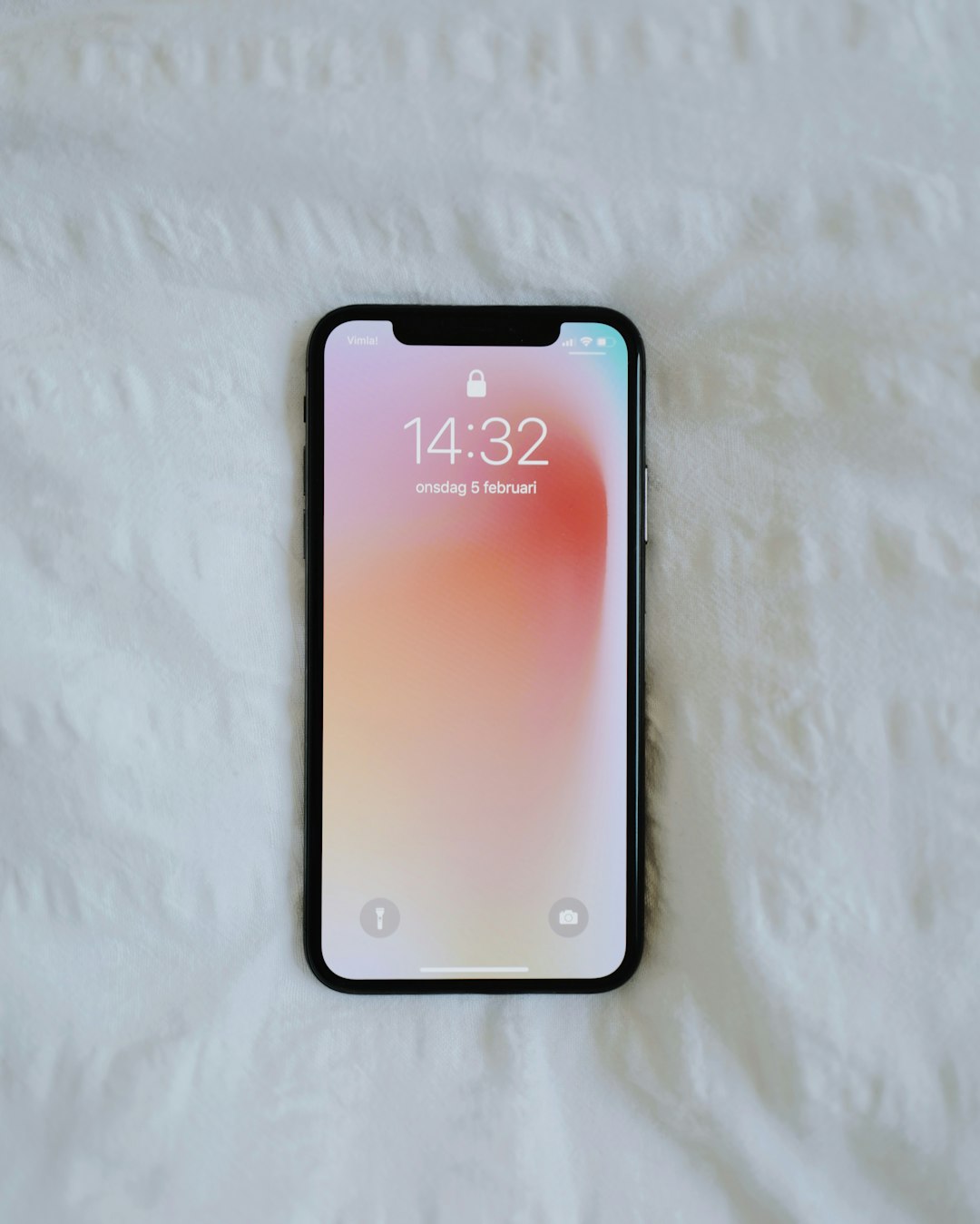
While traveling in Charleston, staying safe from robocalls is a priority. Fortunately, there are numerous resources and tools available to help combat these unwanted calls during your trip. Start by downloading reputable apps designed to block spam calls and texts. These apps use advanced algorithms to identify and filter out robocalls, ensuring a quieter experience. Additionally, consider using call-blocking services or subscribing to do-not-call registries specific to South Carolina, where robocall lawyers can also provide guidance on legal protections available against these intrusive calls.
For an extra layer of protection, update your phone’s settings to restrict unknown callers and make use of built-in privacy features. Regularly review and manage your contact lists, removing any unfamiliar numbers. By combining these strategies, you can significantly reduce the chances of answering a robocall while enjoying your time in Charleston or anywhere else in South Carolina.


